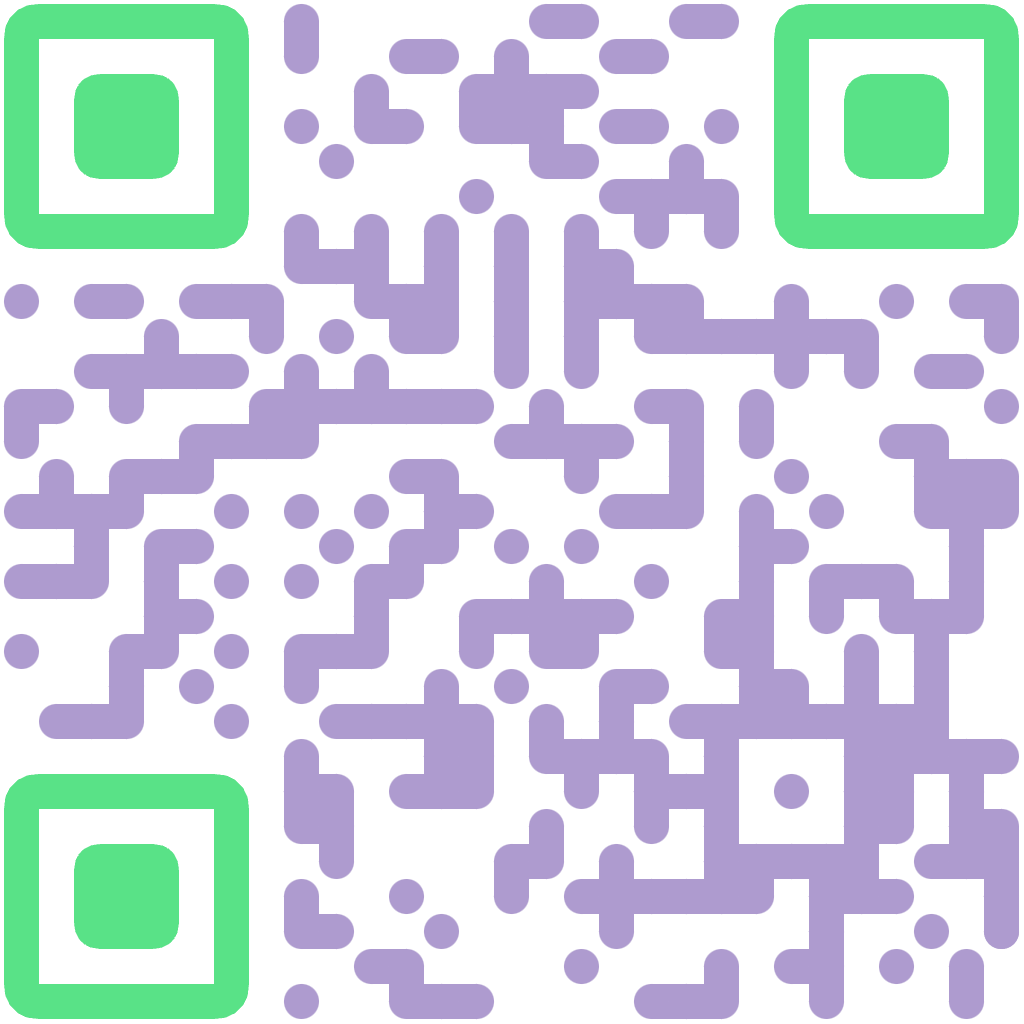
The Creative Mind: How Sleep Shapes Your Imagination and Innovation
Discover how quality sleep enhances creative thinking, problem-solving, and artistic expression.
Read 0 timesHave you ever woken up with a brilliant idea that seemed to come out of nowhere? Or found that your best creative work happens after a good night's sleep? There's a fascinating connection between sleep and creativity that goes far beyond just feeling rested.

The Science of Sleep and Creative Thinking
Our brains are incredibly active during sleep, particularly during REM (Rapid Eye Movement) sleep. This is when our minds are free to wander, make connections, and process information in ways that aren't possible during our waking hours. Research has shown that during REM sleep, the brain's activity patterns are similar to those during creative thinking and problem-solving.
A study published in the Journal of Sleep Research found that people who got adequate REM sleep were better at solving creative problems the next day. This isn't just about feeling well-rested – it's about how sleep actually changes the way our brains work.
The Creative Benefits of Quality Sleep
When we sleep, our brains do more than just rest. They engage in a complex process of memory consolidation, where new information is processed and integrated with existing knowledge. This process is crucial for creative thinking because it allows us to form new connections between seemingly unrelated ideas, process and organize information in novel ways, and access memories and experiences that can inspire creative work. It's during these quiet hours that our brains can develop new perspectives on problems and challenges that might have seemed insurmountable during the day.
Sleep Deprivation: The Creativity Killer
The impact of sleep deprivation on creativity is significant. When we don't get enough sleep, our brains struggle to make novel connections between ideas, think flexibly about problems, and access the full range of our knowledge and experiences. This is why many creative professionals, from writers to artists to entrepreneurs, prioritize getting enough sleep as part of their creative process. The mental fog that comes with sleep deprivation can be particularly devastating for creative work, where clear thinking and novel associations are essential.
Optimizing Sleep for Creativity
To maximize your creative potential, it's important to focus on both the quantity and quality of your sleep. Maintaining a consistent sleep schedule helps regulate your body's internal clock, while creating a relaxing bedtime routine signals to your brain that it's time to wind down. Optimizing your sleep environment by controlling light, temperature, and noise can significantly improve sleep quality. Limiting exposure to blue light before bed and using relaxation techniques can help prepare your mind for a night of creative processing.
The Role of Dreams in Creativity
Dreams have long been a source of creative inspiration. Many famous creative works, from Mary Shelley's "Frankenstein" to Paul McCartney's "Yesterday," were inspired by dreams. This isn't just coincidence – dreams represent our brain's natural ability to combine ideas in novel ways. During REM sleep, our brains are free to explore connections and possibilities without the constraints of waking logic. This can lead to creative insights and solutions that might not occur to us during our waking hours.
Practical Tips for Creative Sleep
To harness the creative power of sleep, consider keeping a dream journal by your bed to capture creative insights as they occur. Schedule your creative work for times when you're well-rested, typically in the morning after a good night's sleep. When you need a creativity boost, a short nap can help refresh your mind, but be careful not to nap too long as it might interfere with your nighttime sleep. Using the Sleepiest app can help improve your overall sleep quality, while creating a pre-sleep routine that includes relaxation and reflection can set the stage for creative insights.
The Future of Sleep and Creativity
As we learn more about the connection between sleep and creativity, we're developing better tools and techniques to optimize both. The Sleepiest app, for example, can help you achieve better sleep quality through guided relaxation, sleep sounds, and bedtime stories, all of which can contribute to enhanced creative thinking. Remember, creativity isn't just about having good ideas – it's about having the mental clarity and energy to bring those ideas to life. By prioritizing quality sleep, you're not just resting your body; you're giving your creative mind the space it needs to flourish.
The relationship between sleep and creativity is a powerful one, and by understanding and nurturing this connection, we can unlock our full creative potential. Whether you're an artist, writer, entrepreneur, or simply someone who wants to think more creatively, quality sleep is one of your most valuable tools.












